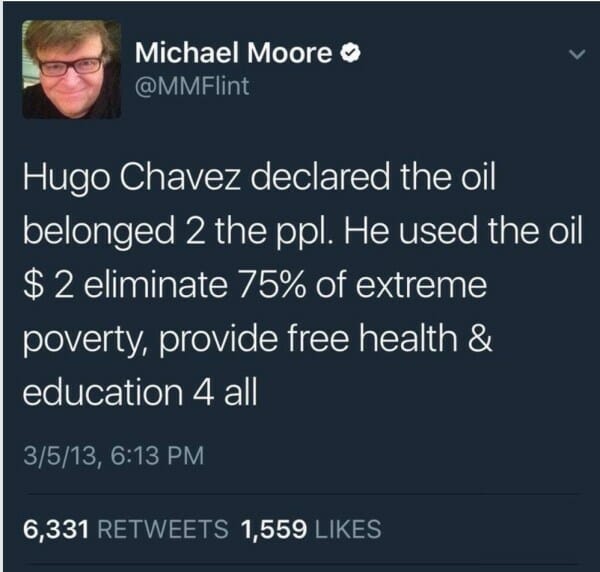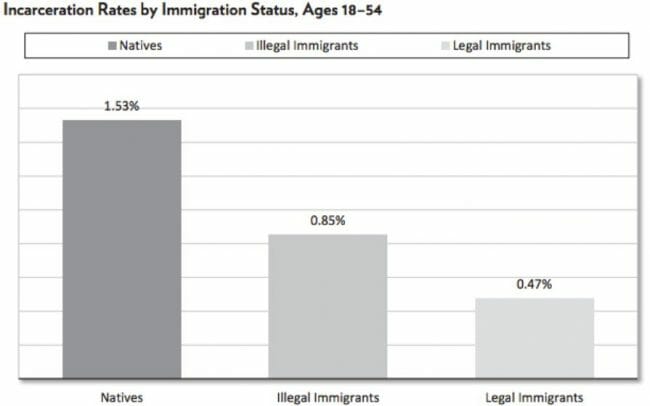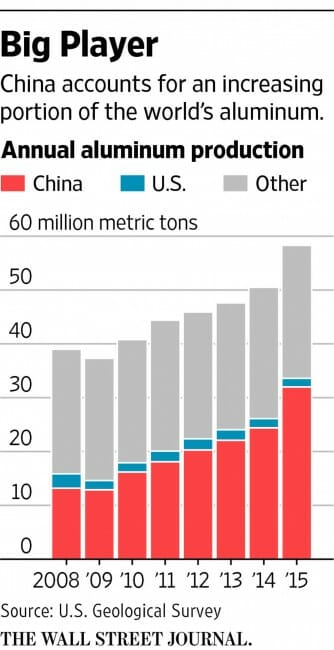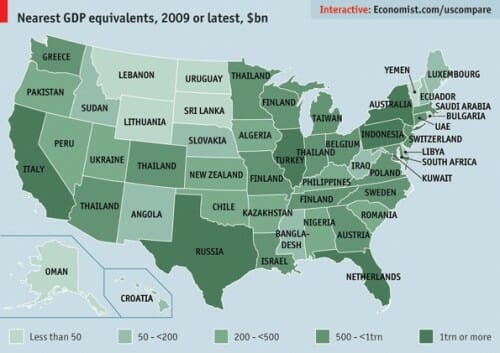Those who have read this blog for a while know that I have an up and down history with Twitter. I think it is a perfectly valid platform for sharing breaking news, following celebrities, posting cute animal pictures, and notifying folks that blog posts or longer articles are available. I have always used Twitter for the latter function, and for those who follow me there, I will still use it to automatically publicize my blog posts.
From time to time, though, I have dived deeper into Twitter and tried to use it to actually have conversations and discussions about certain topics. The first time I tried this I had to get off after a month. I reported here that Twitter was making me both unhappy and a worse person, the latter because I fell quickly into the Twitter trap of going for zingers and gotchas rather than treating people's arguments civilly and with nuance. A few days ago I gave it one more try, perhaps unfortunately the day after Trump's state of the union. In the process I came to a final conclusion that Twitter is an impossible platform for political discourse, at least for me. I am open to considering that the failure is in part my own, that I am simply incapable of making the kind of arguments I want to make within the Twitter character limit. Never-the-less, I have deleted my twitter app from my phone so I will not be tempted to dive back in when I am stuck in the doctor's waiting room. I will still scan it to see what is going on, but if I want to respond to something, I will do it here.
Just for fun, I thought I would dig through the detritus of my last 48 hours on Twitter and see if I could pull up a few examples of just what drove me crazy. I want to make it clear that I am not leaving because people *gasp* disagreed with me, but because that disagreement was embodied in really poor discourse, the poverty of which I think is necesarily related to the nature of the platform. After considering several, here is a good example of why I left.
It started with my seeing this post in my feed from a guy named Nick Searcy. I don't really know who that is, but he is not just some rando with 8 followers, he has almost two orders of magnitude more followers than I. He wrote:
While there are some solid arguments for why truly open borders might not work in today's USA, I have always considered this analogy of a country's borders to private property boundaries to be a really weak argument. Not only weak, but one that dangerously undermines the meaning of private property and makes it harder to defend the property rights that Conservatives say they support. I actually wrote hundreds of words on this argument here, so you can probably guess I struggled to respond to this in one tweet. I tweeted:
(lol, the unmentioned problem I also have with Twitter is the inability to edit after the fact. In a socialist ... what? Dammit Coyote, learn to self-edit)
So I will confess the property rights argument is a subtle one for most people, and a difficult one to make in part because even strong defenders of property rights often don't have a very clear understanding of them. The picture I think many property rights defenders have in their head is the old coot sitting on his front porch with a shotgun across his lap yelling "get off my land." But for property rights to be meaningful, one needs to not only be able to protect the borders of that property but also hire whom they like to work on their property, sell to whom they like, rent to whom they like, entertain whom they like, etc. Its not just about one's ability to exclude people, but also one's ability to associate with people of one's choice.
Now, I can imagine a number of reasonable rebuttals. Someone might argue that this is all fine and good when 100 people want to come and seek a job from folks like me, but what if the number is a billion? Anyway, we could have an interesting discussion along those lines. But instead I got this:
Uh, what? This makes about zero sense in context. He was criticizing a open border policy, which would represent a change in current law. I offered a partial defense of open borders and why I thought his property rights analogy for border restrictions was a bad analogy. And so he answers "because laws". Honestly, this may be my failing, but I really did not understand how laws were the reason we could not change immigration laws (he may have an implicit assumption that immigrants are dangerous and laws are thus necessary to protect us from them, but if this is his core assumption driving this comment it goes entirely unstated). So I assumed I had not explained myself well, and made the mistake of trying to clarify my point (instead of just walking away as I should have). I will confess that the 40+ likes he got for a tweet which was true on its face but made zero sense in context influenced my decisions to try again. Perhaps if I clarified, so would he, so I tweeted:
And here you go, the payoff for reading so far into this post, the true WTF moment of the thread
and here, because repetition using slightly different insults just reinforces the point
I am not even sure how to parse this. More than even the statement itself, the 60 likes and 4 retweets just sort of floored me. "Yeah, Nick, you showed that guy!" Anyway, I assume what is going on here is that rather than understand my actual argument, he assigned to me the same package of both real and straw man arguments Conservatives assign to all immigration supporters and then started arguing some of those, rather than the actual issue we were arguing. Anyway, just to make sure I had the full Twitter experience in this thread we had an appearance by the super Internet sleuth who has figured it all out:
lol, nice job. The few folks who were reading my blog at the beginning -- which had its first post in 2004 a full 18 months before the first tweet on Twitter -- will know the blog is named after the Warner Brothers animation character, who in my mind should be one of the patron saints of small business owners -- he works his *ss off to achieve a goal and something unexpected screws his quest up every time.
Anyway, I guess I should make clear that my position on Twitter is roughly the same as it is on incentives. In the case of incentives, bad organizations don't have bad people, they have ordinary average people with bad incentives. As far as Twitter goes, I am more than willing to believe that, despite what he thinks of me, that Nick Searcy is not a dolt or a loser. He is likely a reasonably smart guy on a platform that turns everyone on it into morons and *ssholes.
So I will use twitter to publish so people can find my articles in their feed there, and I will look at it from time to time if I need a blogging topic, but otherwise I am going to limit my discourse to places I can write in long form.
Postscript: OK, I figured out who this guy is. I have not seen him in a lot of things but he played Deke Slayton in the HBO mini-series From the Earth to the Moon and that entire series, including his contribution, was excellent. I give him kudos as an (apparently) vocal Conservative in the entertainment world, as I think the constant drumbeat of unthinking Leftism in that industry tends to cause most of the Conservatives to just go into turtle mode to protect their careers and sanity. Still don't agree with him on immigration.






